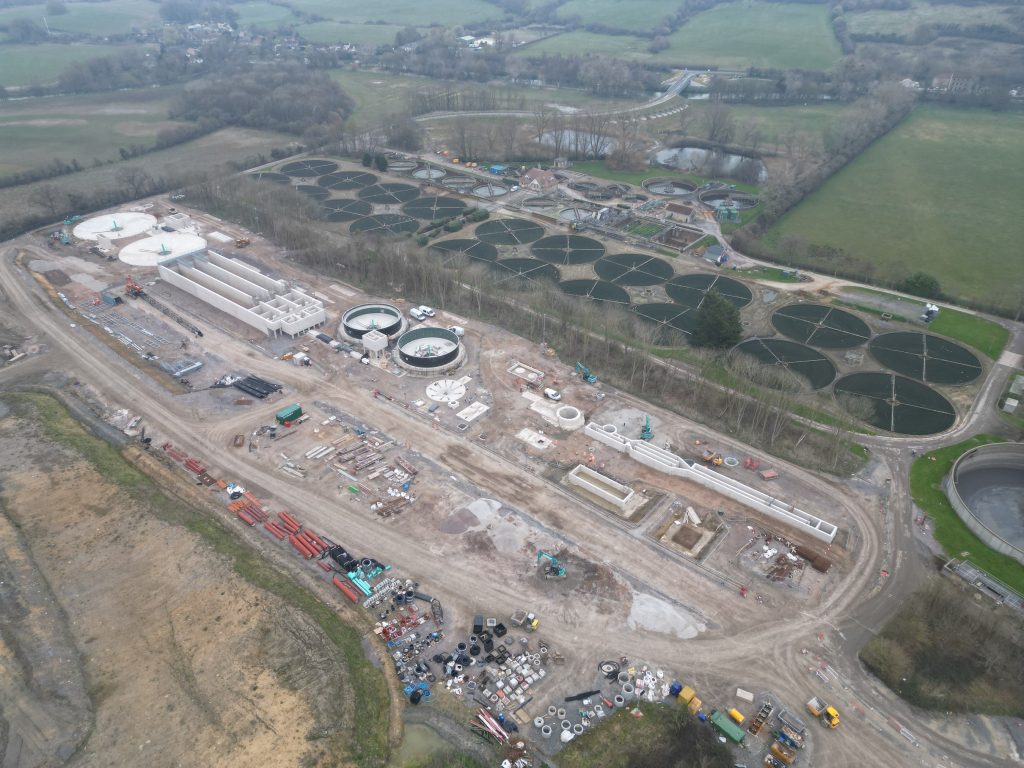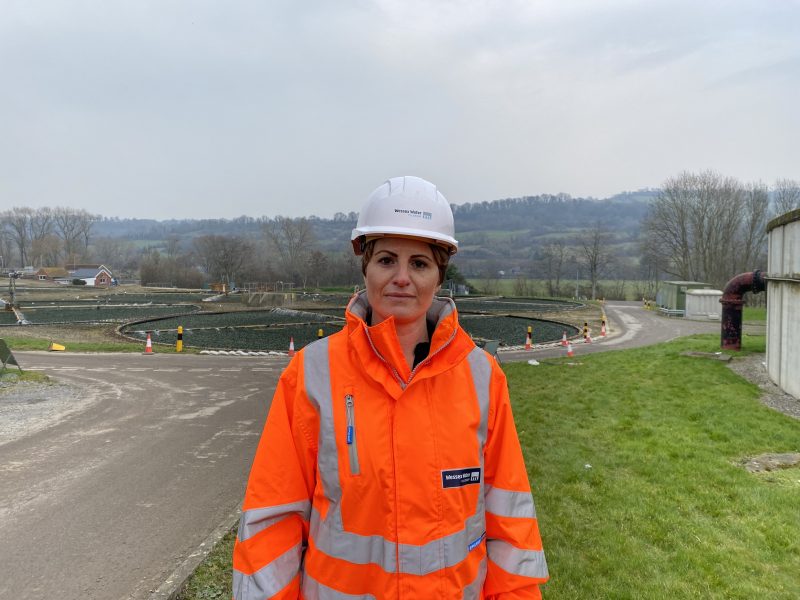WORK is “absolutely” starting to clean up the River Avon from sewage, a government minister said on a visit to Saltford Water Recycling Centre.
Flowing through Bath and Bristol, the river lies at the heart of a number of local beauty spots, is used by water sports clubs and swimmers, and is home to the area’s boater community.
But as of 2023, it was rated as the third most polluted river in the country due to the dumping of sewage.
Asked by the Local Democracy Reporting Service when people could swim in the river without worrying about sewage, Water Minister Emma Hardy said: “We’ve absolutely already started working on that now.
“We are working on that through the Water Special Measures Act, which is holding water companies to account if they continue to pollute our rivers, lakes and seas.”
Ms Hardy said the act would ban bonuses for bosses who continue to pollute our waterways and introduce criminal liability for water companies who obstruct investigations by the Environment Agency.
She said that “if there’s wrongdoing, that needs to be punished” and added that offenders could face up to two years in prison.
Wessex Water is investing £35 million in Saltford Water Recycling Centre to expand the capacity of the site by 40%.
Ms Hardy said during her visit to the site on March 10: “This is a great example of the water sector putting money into industry to make sure that we clean up our rivers, lakes, and seas.”
The sewage works are just a stone’s throw from one of the district’s favourite summer beauty spots, the riverside at the Shallows and Mead Lane in Saltford.
Further downstream, there is a popular wild swimming area as the river flows past Conham Park and into Bristol, which campaigners want designated as bathing water status.
Ms Hardy had been at Cheddar Reservoir earlier in the day as part of a tour to see where a “record” £104 billion of investment by private companies into water infrastructure over the next five years is being spent across the country. She said the investment would ensure the country had the water it needed for the future, and to reduce the sewage going into rivers.
As Water Minister, Ms Hardy is also responsible for flooding. Asked if the government’s housing targets – which call for 6,833 to be built each year across the Somerset councils – could increase the risk of flooding, Ms Hardy said: “We are talking to the housing government to make sure that the homes that we build are not at risk of flooding and, more importantly, that those homes do not create a flood risk for other areas as well.”
The government’s water commission will report in the summer. It is looking at the UK’s privatised water sector with a view to creating legislation to reform the industry.
John Wimperis, Local Democracy Reporting Service



